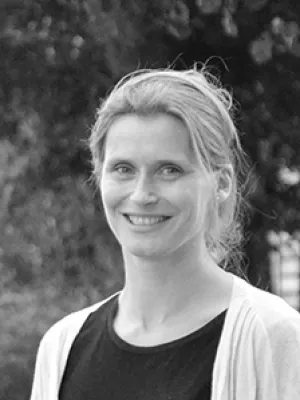
Sara Kalm
Director of Third Cycle Studies | Associate Professor | Senior Lecturer | Qualified Teaching Practitioner

The field of EU civil society: organizational resources and elite positions1
Author
Summary, in English
Department/s
- School of Social Work
- Department of Political Science
Publishing year
2018-06-18
Language
English
Document type
Conference paper: abstract
Topic
- Social Work
Keywords
- civil society
- elite
- EU
Conference name
European Consortium for Political Research, SGEU Conference
Conference date
2018-06-12 - 2018-06-15
Conference place
Paris, France
Status
Published

